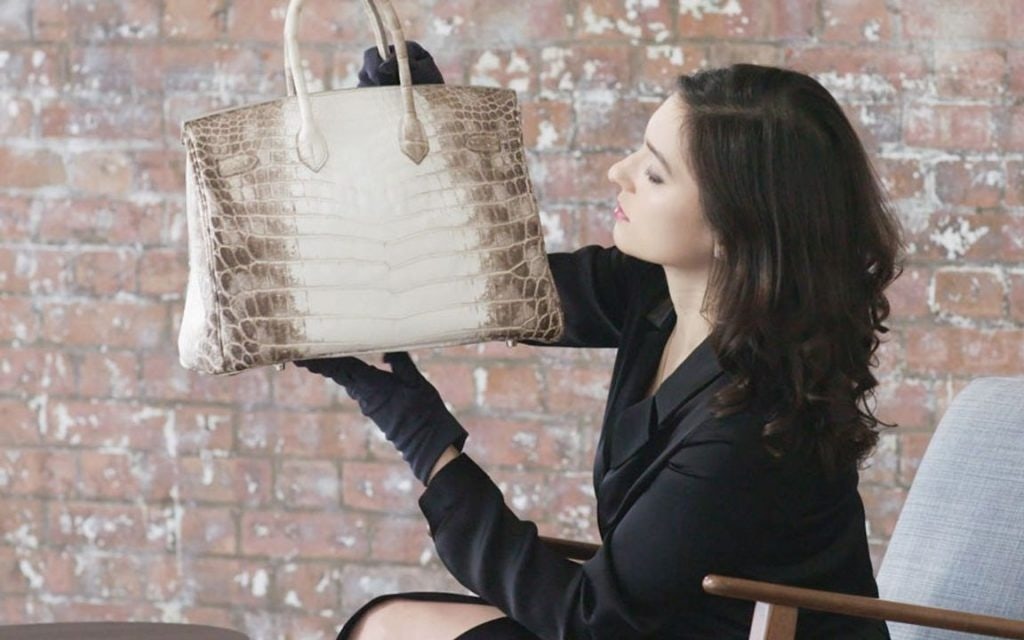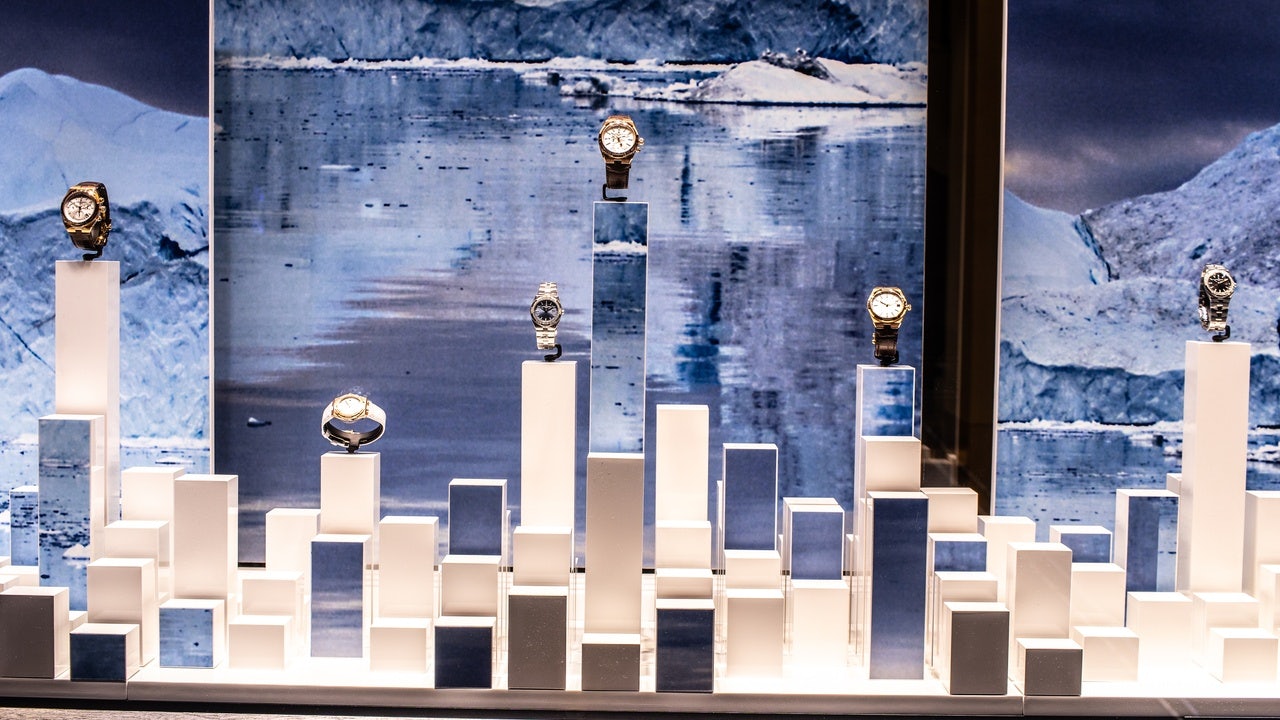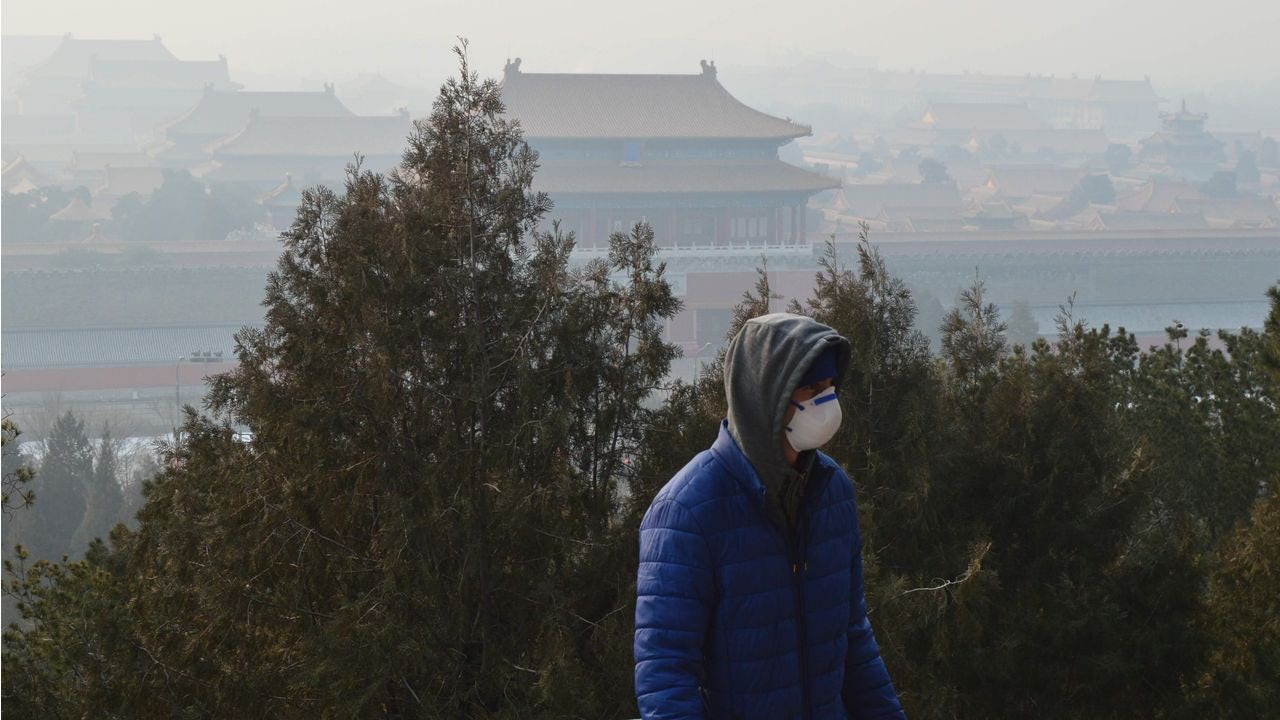Key Takeaways:#
The pandemic has reshaped the luxury industry, forcing brands to reinvent their business models and accelerate their shifts towards the digital world.
Various brands will decide to postpone their brick-and-mortar expansions and further bolster their virtual presence, allowing them to be better equipped to deal with a new wave of lockdowns.
The pandemic will likely reverse some trends, such as the democratization of luxury and a return to physical stores.
The pandemic has reshaped the luxury industry, forcing brands to reinvent their business models and accelerate their shifts towards the digital world. An experience-led retail model, which proved successful pre-pandemic, needed to be redesigned and made much stronger digitally. But after 20 months of disruptions, retailers and consumers want to know when they can return to normalcy.
Unfortunately, the emergence of the highly transmissible Delta variant has transformed COVID-19 into a moving target, and the only thing brands should expect are more uncertainty and unprecedented disruptions.
According to professor Jean-Francois Delfraissy, head of the scientific council that advises leaders on COVID-19, a return to a pre-pandemic lifestyle may not occur until 2022 or even 2023. Sure enough, fears that another year of large-scale supply chain and manufacturing disruptions, lockdowns, and stay-at-home orders could wreak havoc in the industry are well-founded.
At this point, even retailers that had “bet their future on China” should consider a scenario in which spendthrift Chinese consumers can no longer carry the weight of the industry on their shoulders. Brands should design and prioritize contingency plans for dealing with a reality where luxury consumption growth in China decelerates. Yet, shifting their focus to the crisis-ridden US and European markets is not a viable solution because cash-strapped Western consumers cannot save the industry. But that doesn’t mean luxury brands can’t create a microcosmos of urban consumption in Asia, Western Europe, and the US.
These privileged, smaller communities include affluent households that should thrive despite economic instability and increased wage inequality. Consequently, luxury brands that become less democratized and more elitist, catering to the needs of the selected few, will continue to dominate.
Along these lines, luxury labels that design rare collector items similar to the legendary Hermès Himalaya Birkin bag or a Louis Vuitton Trunk will attract the elite while the rest suffer from brand dilution. This move towards digital will also help industry leaders launch personalized experiences and VIP schemes.

Swiss luxury watchmaker Vacheron Constantin organized two digital invite-only showcases in August for select VIP customers, according to Alizila. The live sessions were open to a handpicked group of high-earners and meant to replicate a physical experience.
Meanwhile, as retail becomes even more tech-driven, various brands will decide to postpone their brick-and-mortar expansions and further bolster their virtual presence to be better equipped to deal with a new wave of lockdowns. That will give them greater visibility while slashing their costs.
We also predict that more luxury players will embrace secondhand strategies by capitalizing on increasing demand from younger consumers. With the luxury resale market booming globally, brands might want to get control of the supply and buy back some of their stock. Otherwise, industry experts like Milton Pedraza, founder of the Luxury Institute, predict that luxury brands could find themselves in a situation where desperate, former high-earners have to liquidate their possessions out of necessity. That will force some vendors to sell their pre-owned luxury items below market price, creating a situation that will disable the exclusivity and prestige of the luxury brand.
For obvious reasons, predicting the future of retail during these unprecedented times is hard. But the pandemic looks like it will reverse some trends, such as the democratization of luxury and the return to physical stores.

